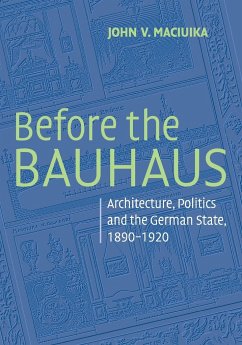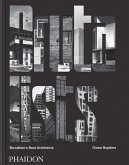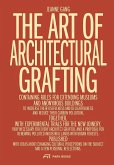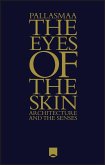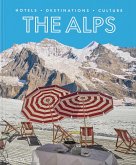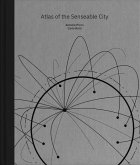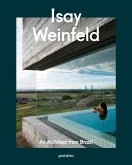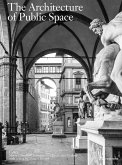Before the Bauhaus re-evaluates the political, architectural, and artistic cultures of pre-World War I Germany. As contradictory and conflict-ridden as the German Second Reich itself, the world of architects, craftsmen and applied-arts 'artists' were not immune to the expansionist, imperialist, and capitalist struggles that transformed Germany in the quarter-century leading up to the First World War. In this study, John Maciuika brings together architectural and design history, political history, social and cultural geography. He substantially revises our understanding of the roots of the Bauhaus and, by extension, the historical roots of twentieth-century German architecture and design. His book sheds new light on hotly contested debates pertaining to the history of Germany in the pre-World War I era, notably the issues surrounding 'modernity' and 'anti-modernity' in Wilhelmine Germany, the character and effectiveness of the government administration, and the role played by the nation's most important architects, members of the rising bourgeois class, in challenging the traditional aristocracy at the top of the new German economic and social order.

